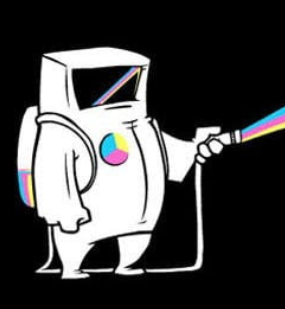Using a social perspective to autism, I would appreciate if there were a way to classify someone as autistic without calling it a disorder. Yes, we have difficulties, but from a social perspective, a lot of them come from society being structured to meet the needs of allistics. They get guidance, acceptance, and ultimately privilege of a world that is designed for them, while we have to try to meet their expectations. From this perspective, we’re not disordered, but oppressed/marginalized. How does that make us disordered?
I agree that there are different levels of functioning, and that some individuals might meet criteria for a disorder due to autism spectrum characteristics, so that would be valid. However, many individuals would function quite well in a setting that was designed to raise, educate, and accommodate autistic brains.
Anyone have any insight or ideas on this?


I think it’s probably helpful to put words like ‘normal’ into their proper context- it’s a statistics term, not a baseline from whence deviation is morally fraught or anything.
We’re different, not worse.
Consider, if you will, the hypothetical in which you, a normal healthy human, visit Krypton and discover that the doors to their buildings are all high up, no need for stairs because *normal *people there can fly. In this sense, you are not accommodated in exactly the same way that a wheelchair-bound person is not accommodated when the stairs into our buildings aren’t accompanied by a ramp.
On Krypton, you are handicapped not because of how you are, but because they don’t accommodate that. On Earth, the wheelchair-bound person is handicapped because we don’t always accommodate their needs. In neurotypical culture, being different only becomes a handicap when the people around you are unable or unwilling to accommodate you being you.
We didn’t get the same degree of neural pruning when it was time for neurotypicals to get that, and it means we tend to process substantially more information- and the things our brain picks out as interesting aren’t always the normal, expected ones.
The ‘disorder’ arises only when other people can’t meet you halfway, it’s not you.
I love your example and they way you conceptualized it. Keep fighting the good fight. Thank you very much!